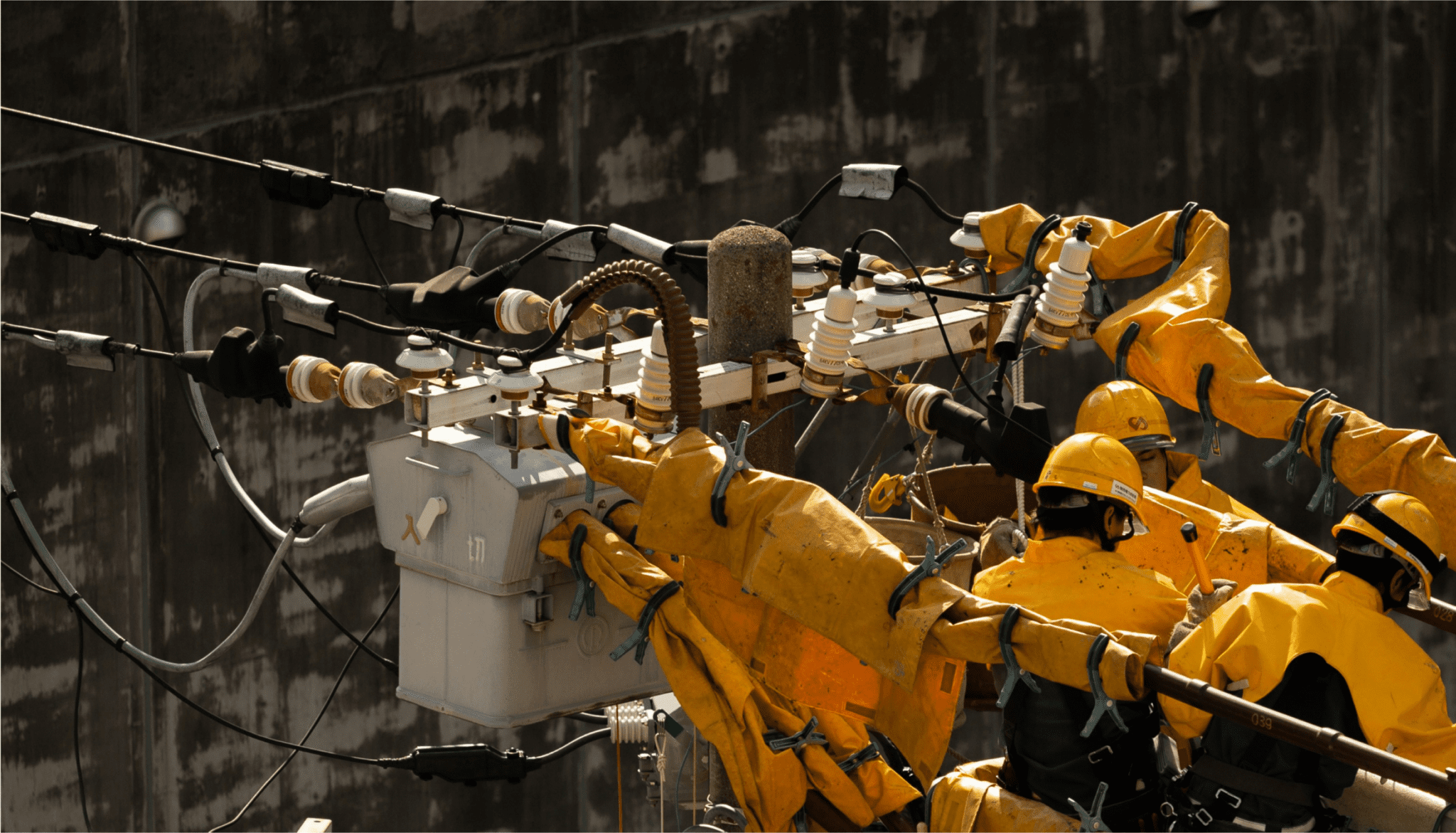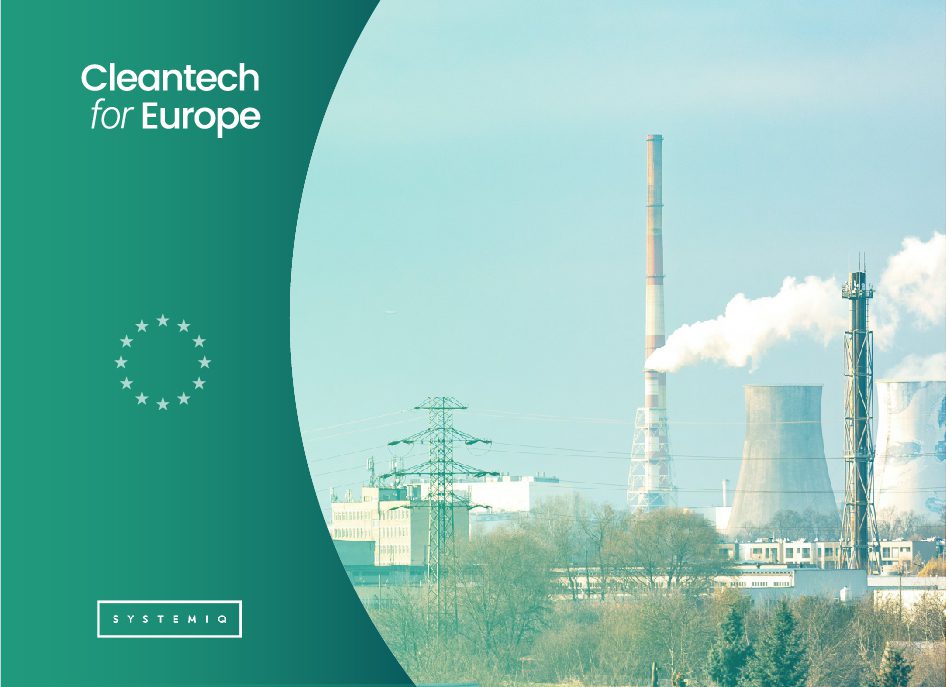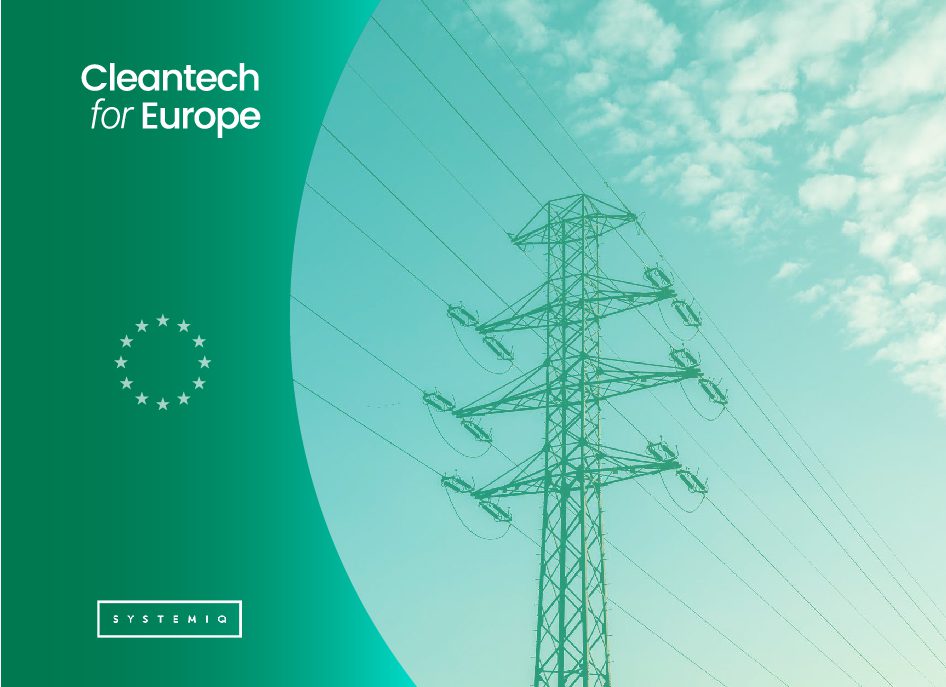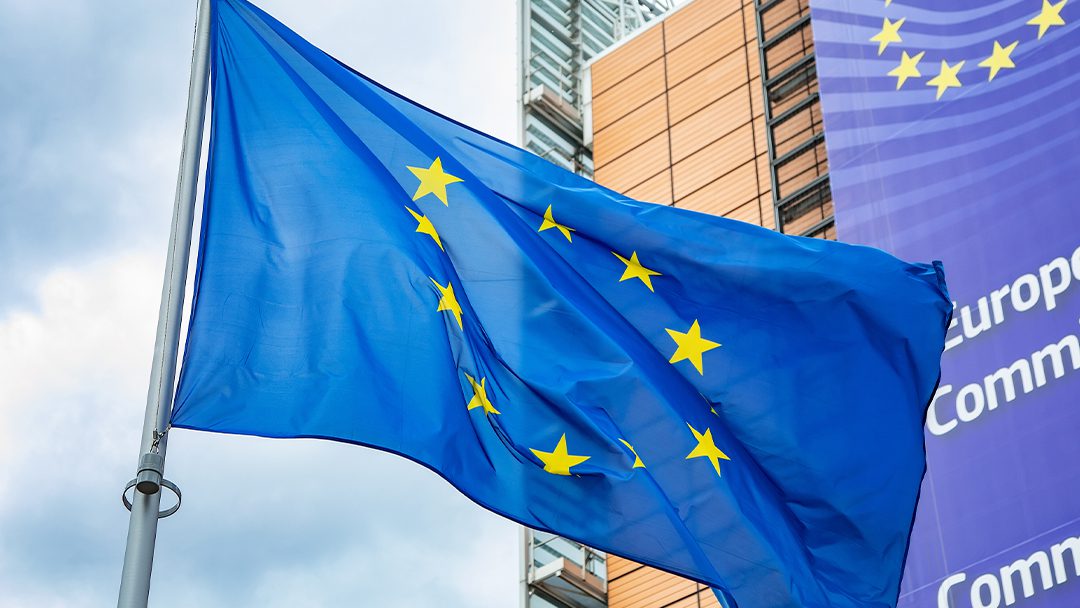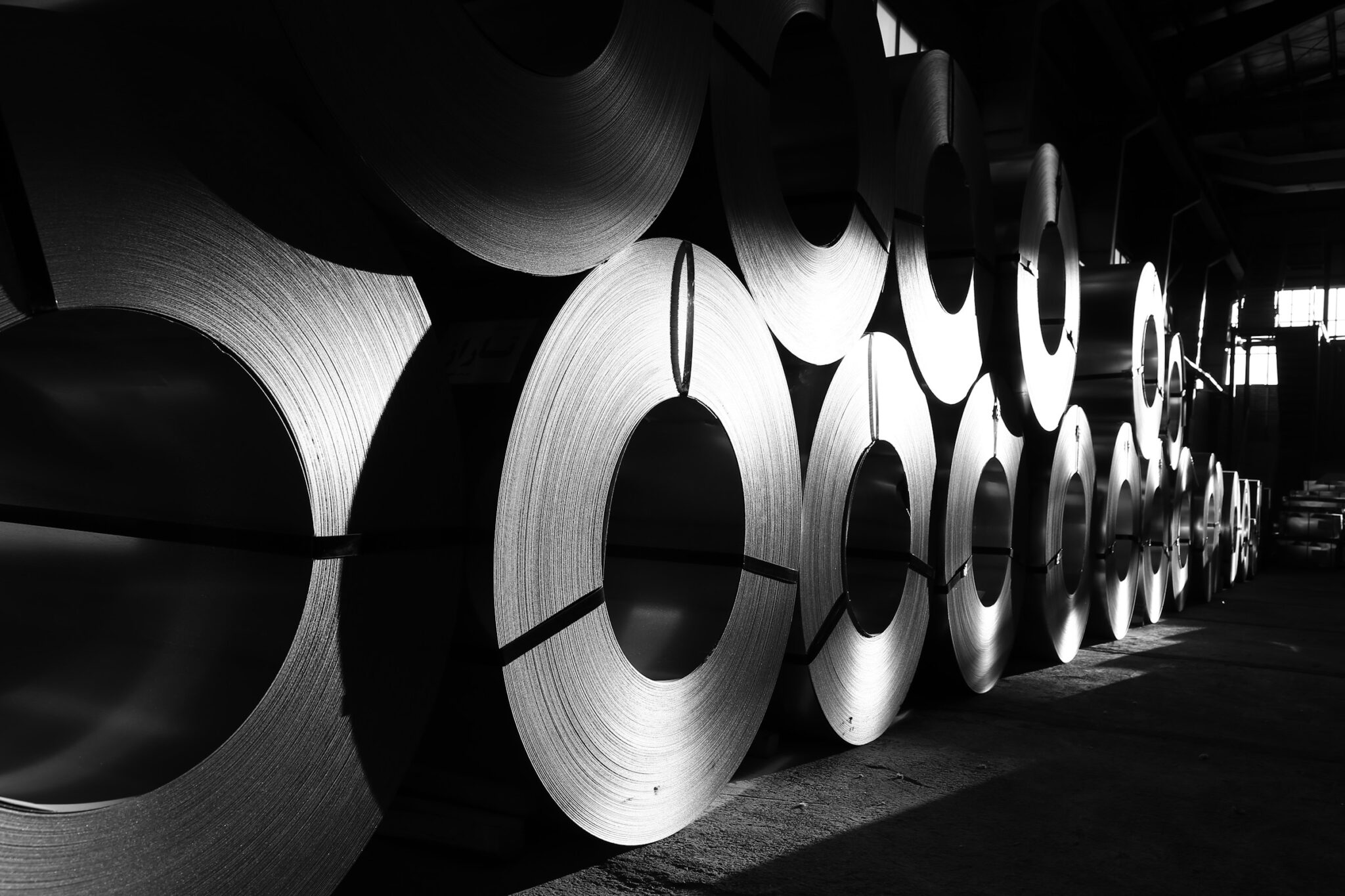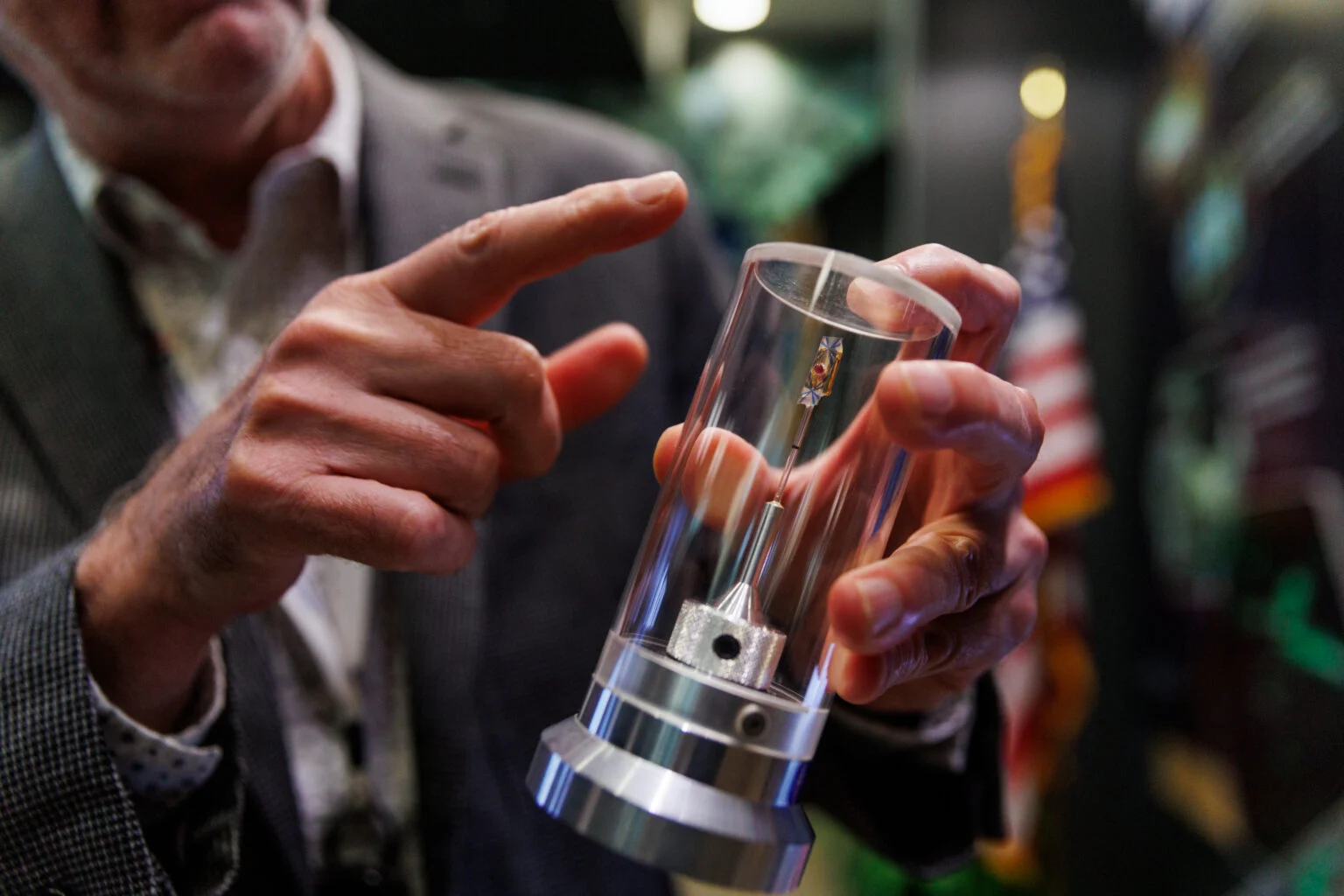Europe routinely speaks about ‘electrification’ as if it is happening. But data tells a different story: demand is flat – and has been for years. In other words: the much-touted electrification revolution in Europe is (so far) failing to materialise.
Despite ambitious rhetoric and policy initiatives, the stark reality is that Europe is not rising to the occasion and does not currently have the speed and scale required to meet its targets and is nowhere near China’s electrification drive. This is yet another example of a divide between assumptions and on-the-ground realities.
This disconnect has very serious spillover effects: with so little additional demand for electric-based technologies and long queues to connect to the electricity system, there isn’t the necessary boost to provide the abundant and affordable clean electrons that industry needs to decarbonise.
And manufacturing sectors are hurting, too. Despite our supposedly ambitious clean energy transition and renewable targets, our home-grown wind sector is on its knees. Yet another indicator that we need to stress-test the presumably inevitable trajectory towards electrification. At the root of this issue is a disjointed policy plan: while going all in on renewables for years, there has only very recently been an accompanying strategy for energy storage and grid modernisation. This is an essential piece of the puzzle because as we all know the sun doesn’t always shine and the wind doesn’t always blow. The seeming inability to think of – and build towards – a modern energy **system** means that storage and grids are now lagging far behind. Moreover, the rollout of renewables has been uneven with much faster deployment of solar, de-coupled from wind.
It will be imperative that the EU’s (existing) Grid Action Plan and (forthcoming) Electrification Strategy provide an honest stock-take that includes a more holistic approach. They need to connect the dots between a volatile energy system, squeezed industry, and the clean technology enablers that can provide solutions to both – such as Long Duration Energy Storage to absorb and use these clean electrons at all times, and Thermal Energy Storage to electrify Industrial Heat as flexible demand. The bottom line is that much of Europe’s approach simply doesn’t add up and therefore calls for an urgent reality check.
The Cleantech Reality Check is published jointly by Breakthrough Energy and Cleantech for Europe, with analytical support provided by Systemiq. Read part one of the series on Renewable Hydrogen here.

